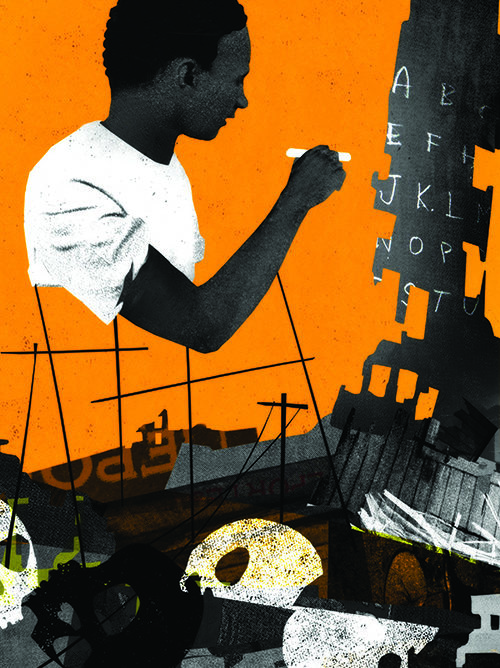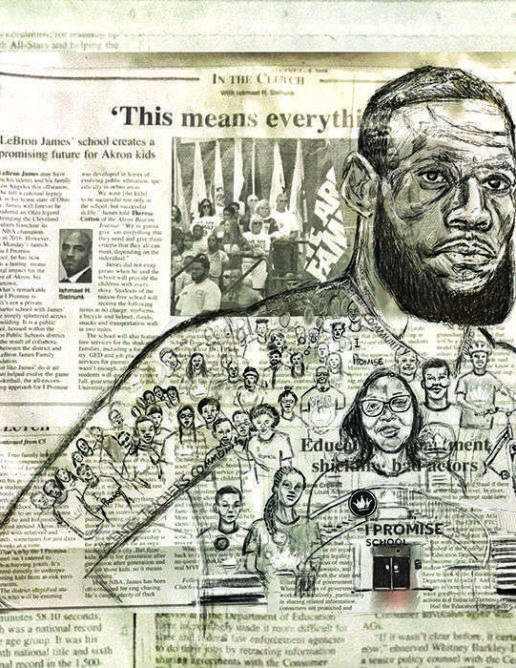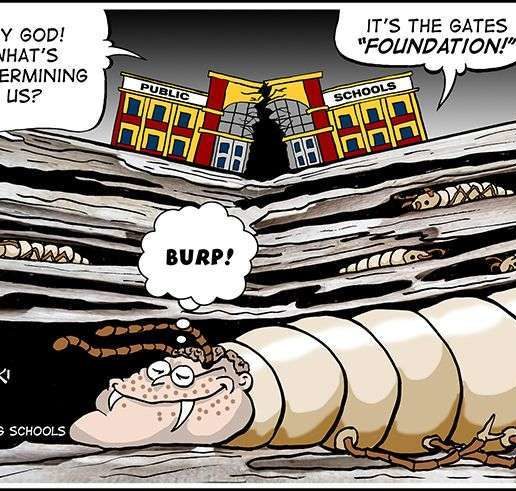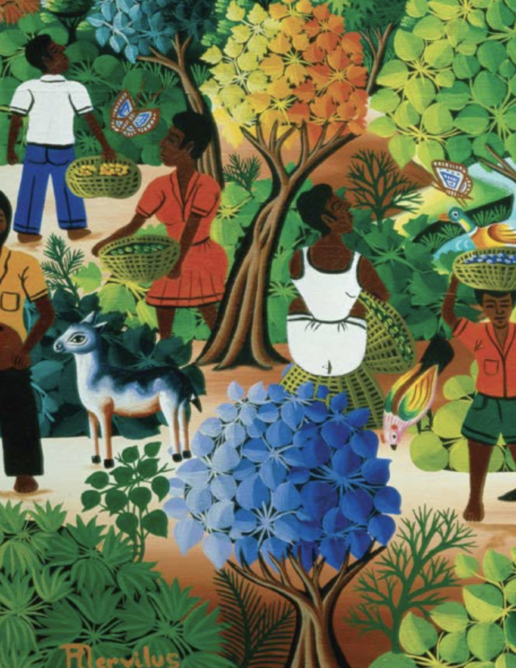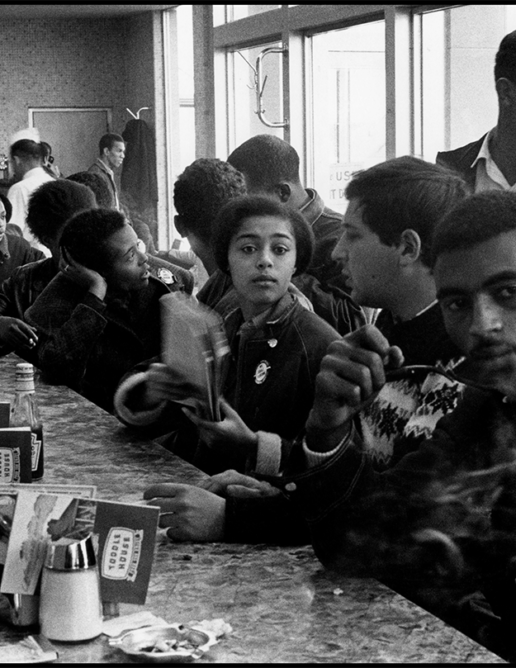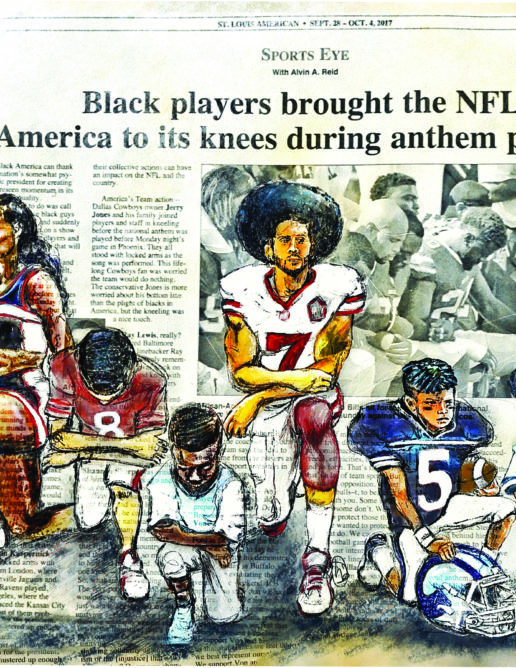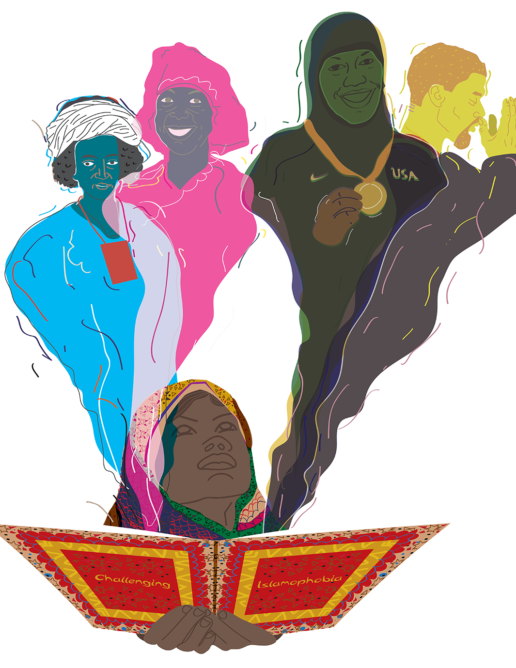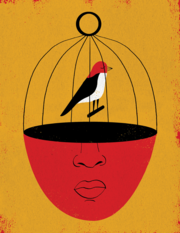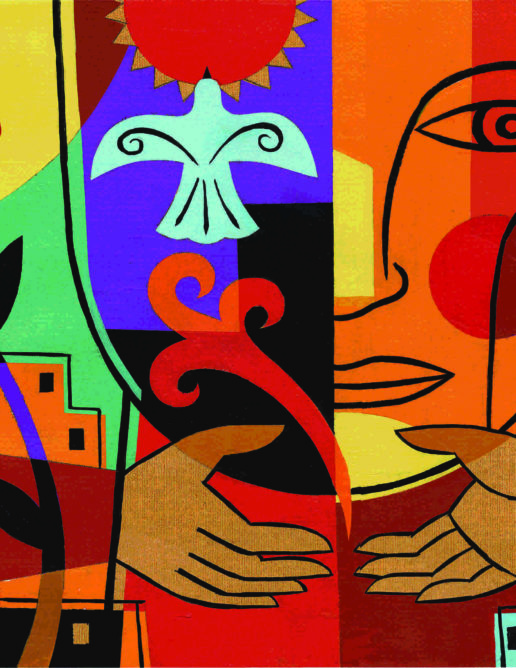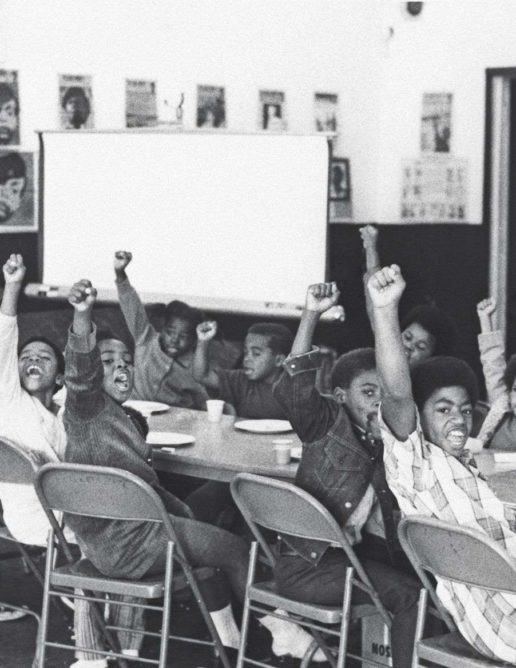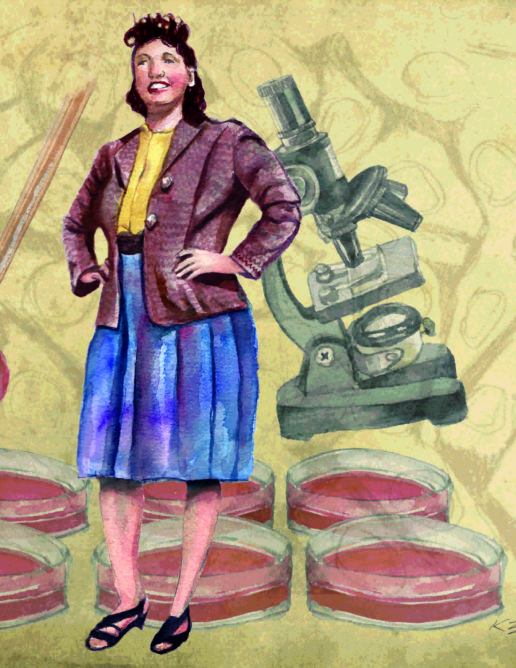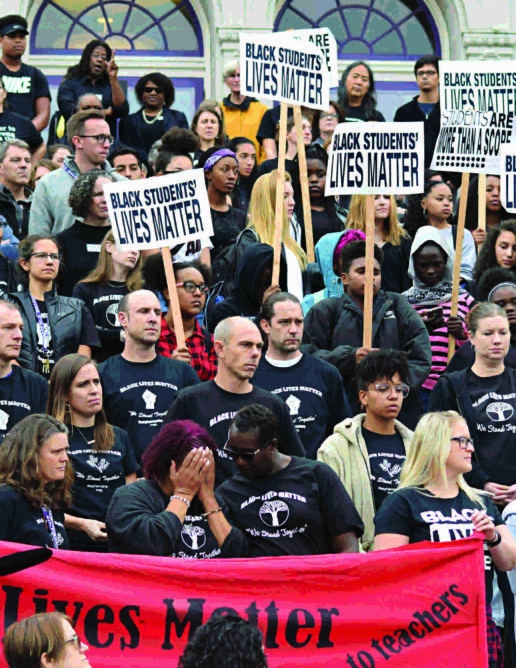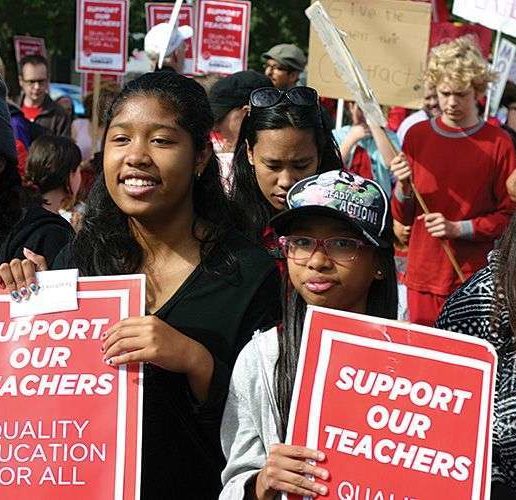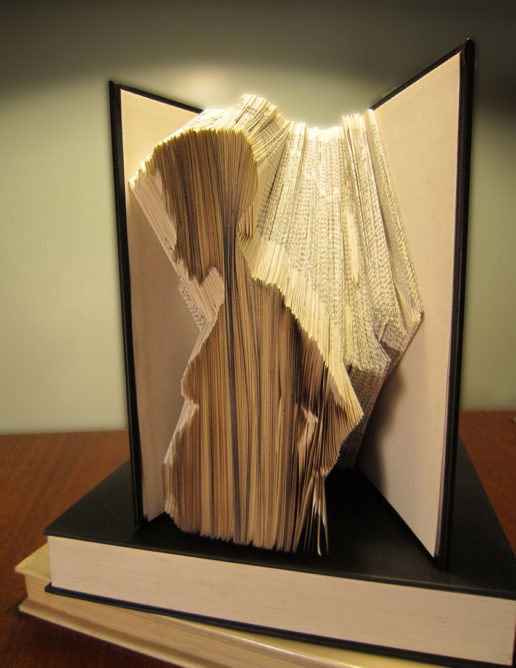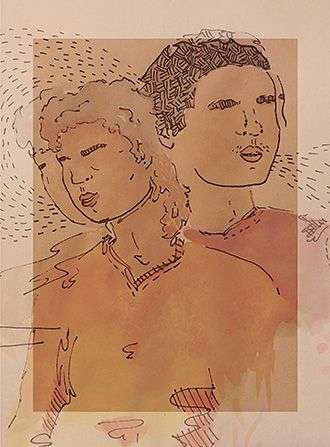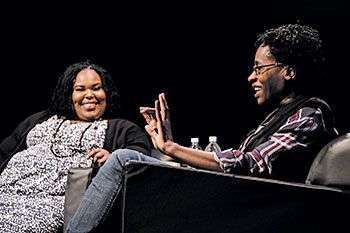Immediately after an earthquake devastated Haiti in 2010, corporations swooped in to capitalize on the destruction and to privatize public enterprises. Hagopian explores how disaster capitalism hit the education system and what the effects were on students and families.
There are few public schools receiving as much attention these days as LeBron James’ I Promise School in Akron, Ohio — and it’s because it’s just that: a public school.
Janice Jackson interviews Rethinking Schools editor Wayne Au about the failure of Bill Gates’ educational initiatives.
“Haiti is one of the poorest countries in the world.” That’s the only thing this Haitian American teacher remembers being taught in school about her family’s country of origin. She calls for a revolution in how educators teach Haiti.
Trump supporter Carl Paladino’s racism, misogyny, and transphobia galvanized community members to oust him from the Buffalo School Board. Their struggle also laid the groundwork for new coalitions and progressive change.
Right away I recognized her. Ruby Bridges. The courageous girl who defied white racists and became the first to integrate an all-white elementary school. My 7-year-old son pulled a handout out of his backpack with her face on it. He is in a bilingual, two-way immersion program at our local elementary school. As is our custom on Friday, we emptied his backpack and sorted the contents. We determined what needed to be recycled, what would be hung on our whiteboard, and what needed to be stored in my Things-to-take-care-of box by the fridge. I smiled, because as a former history teacher and lover of Black history, I was happy to see my son learning about this important historical moment. And then, I took a closer look and saw that it was in Spanish. I was elated as it dawned on me that my son truly is emergent bilingual. “Caleb, what’s this about? Did you read this in school?”
A special education teacher uses poetry to help her middle school students write their own narratives and celebrate themselves.
During a recent conversation, a former high school classmate said, “I always wondered why you left Eureka. I heard that something shameful happened, but I never knew what it was.”
Yes, something shameful happened. My former husband beat me in front of the Catholic Church in downtown Eureka. He tore hunks of hair from my scalp, broke my nose, and battered my body. It wasn’t the first time during the nine months of our marriage. When he fell into a drunken sleep, I found the keys he used to keep me locked inside and I fled, wearing a bikini and a bloodied white fisherman’s sweater. For those nine months I had lived in fear of his hands, of drives into the country where he might kill me and bury my body. I lived in fear that if I fled, he might harm my mother or my sister.
I carried that fear and shame around for years. Because even though I left the marriage and the abuse, people said things like “I’d never let some man beat me.” There was no way to tell them the whole story: How growing up and “getting a man” was the goal, how making a marriage work was my responsibility, how failure was a stigma I couldn’t bear.
Teaching the history of the Student Nonviolent Coordinating Committee helps students see the Civil Rights Movement as being fueled by thousands of young people like themselves instead of a few charismatic leaders. “Without the history of SNCC at their disposal, students think of the Civil Rights Movement as one that was dominated by charismatic leaders and not one that involved thousands of young people like themselves. Learning the history of how young students risked their lives to build a multigenerational movement against racism and for political and economic power allows students to draw new conclusions about the lessons of the Civil Rights Movement and how to apply them to today.”
In the initial weeks of the 2016 football season, as Kaepernick’s fledgling protest began to take shape, critics bombarded him with insults and it was unclear what the response around the country would be. And that’s when Garfield, and high schools and students around the nation, stepped up to the challenge.
The increasing violence against Muslims, Sikhs, South Asians, and others targeted as Muslim, suggests we, as Americans, are becoming less tolerant and need educational interventions that move beyond post-9/11 teaching strategies that emphasize our peacefulness or oversimplify our histories, beliefs, and rituals in ways that often lead to further stereotyping.
An education researcher explores “no-excuses” discipline policies and the rate of out-of-school suspensions at charter schools in Denver and around the nation. “Democracy is healthiest when our educational institutions reflect our best virtues — creativity, joy, and growth. We must strengthen our oversight over no-excuses charter schools, thereby ensuring that no child in that city — or our country — is subjected to policies that could have been culled from one of Denver’s neighboring prisons.”
A teacher in a predominantly white school and classroom describes how she chose to protect and educate one of her Black students, rather than use him to educate her white students.
The history of the Black Panther Party holds vital lessons for today’s movement for Black lives and all movements to confront racism, inequality, and police violence. But our textbooks distort the significance of the Panthers — or exclude them completely.
A kindergarten teacher uses images, literature, poetry, and collages — as well as her own history — to challenge students’ implicit bias and preconceived notions surrounding the color black and to teach the lesson that Black is beautiful.
A middle school teacher describes the trauma experienced by his students over the year and struggles to create meaningful hope rather than slogans.
A teacher adapts the “Climate Change Mixer” designed for older students as a springboard for a unit on global warming and climate justice.
A science teacher includes Black voices and Black history in her classroom by building curriculum around The Immortal Life of Henrietta Lacks. In doing so, she shows how nonfiction books should not be relegated to language arts but can be effective in a science classroom.
As we return to our schools this fall, we need to rededicate ourselves to building an education system and a society that values Black lives.
Teachers at one Seattle school show the important role educators have to play in the movement for Black lives, in part by creating a Black Lives Matter at School day, having 3,000 teachers wear Black Lives Matter T-shirts, and responding together to issues like the death of Charleena Lyles.
A science teacher in Washington, D.C., overcomes her students’ fear of nature by turning them into avid birdwatchers.
On Sept. 20, 2015, thousands of Seattle Education Association (SEA) members voted to approve a new contract with the Seattle Public Schools. The vote officially ended the strike, which delayed […]
Inspired by students’ responses to her own pregnancy, a high school English teacher develops a unit based on teen pregnancy and motherhood—rejecting the usual deficit-based narrative of teen parenting.
An administrator describes the journey of her K-8 school as it welcomes a transgender 8th grader and the gender transition of another student.
It is March 2015. America is reeling from the killings of Michael Brown, Eric Garner, John Crawford, and Ezell Ford. As the hashtag #BlackLivesMatter is trending, images of unarmed Black […]

